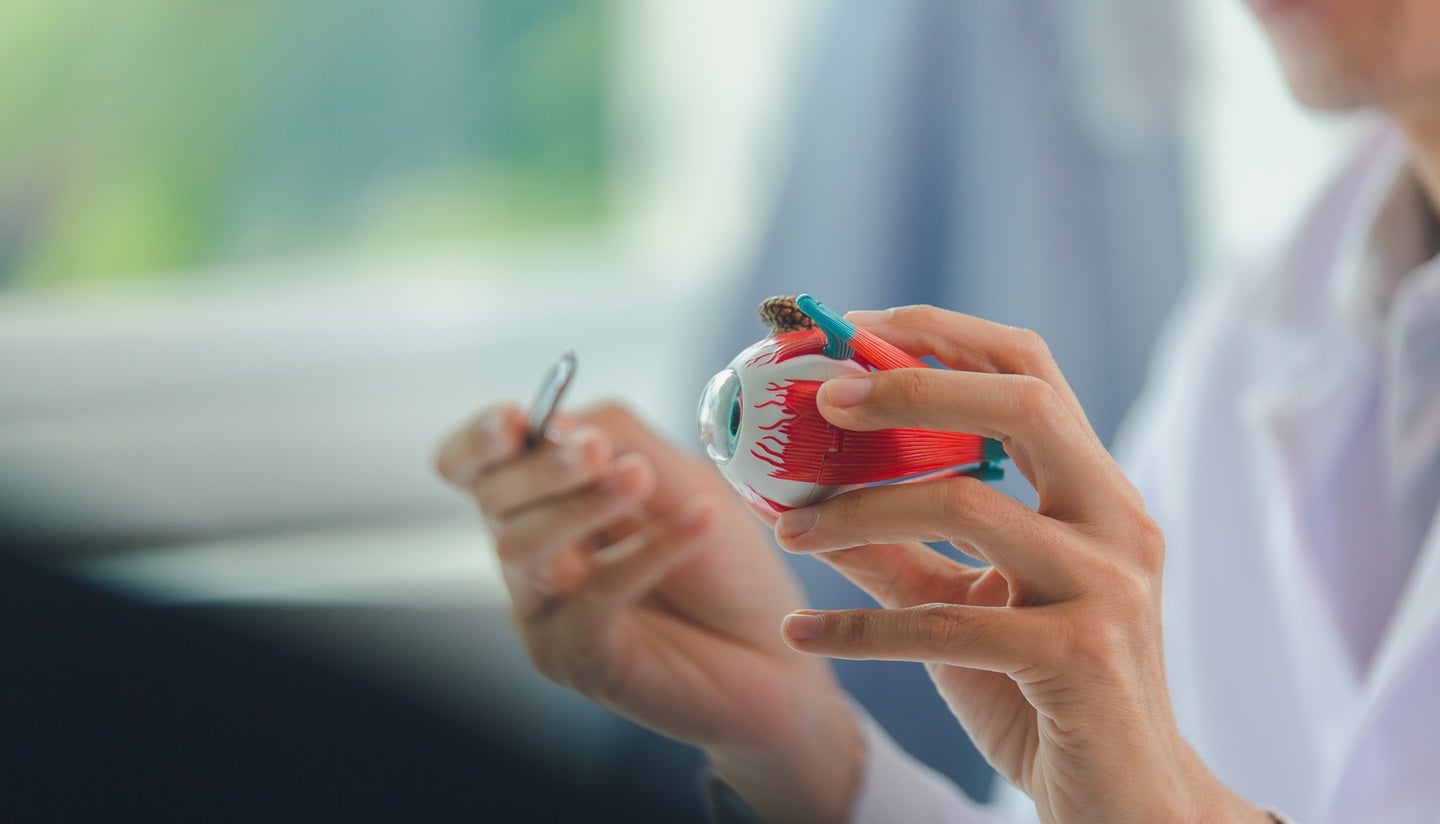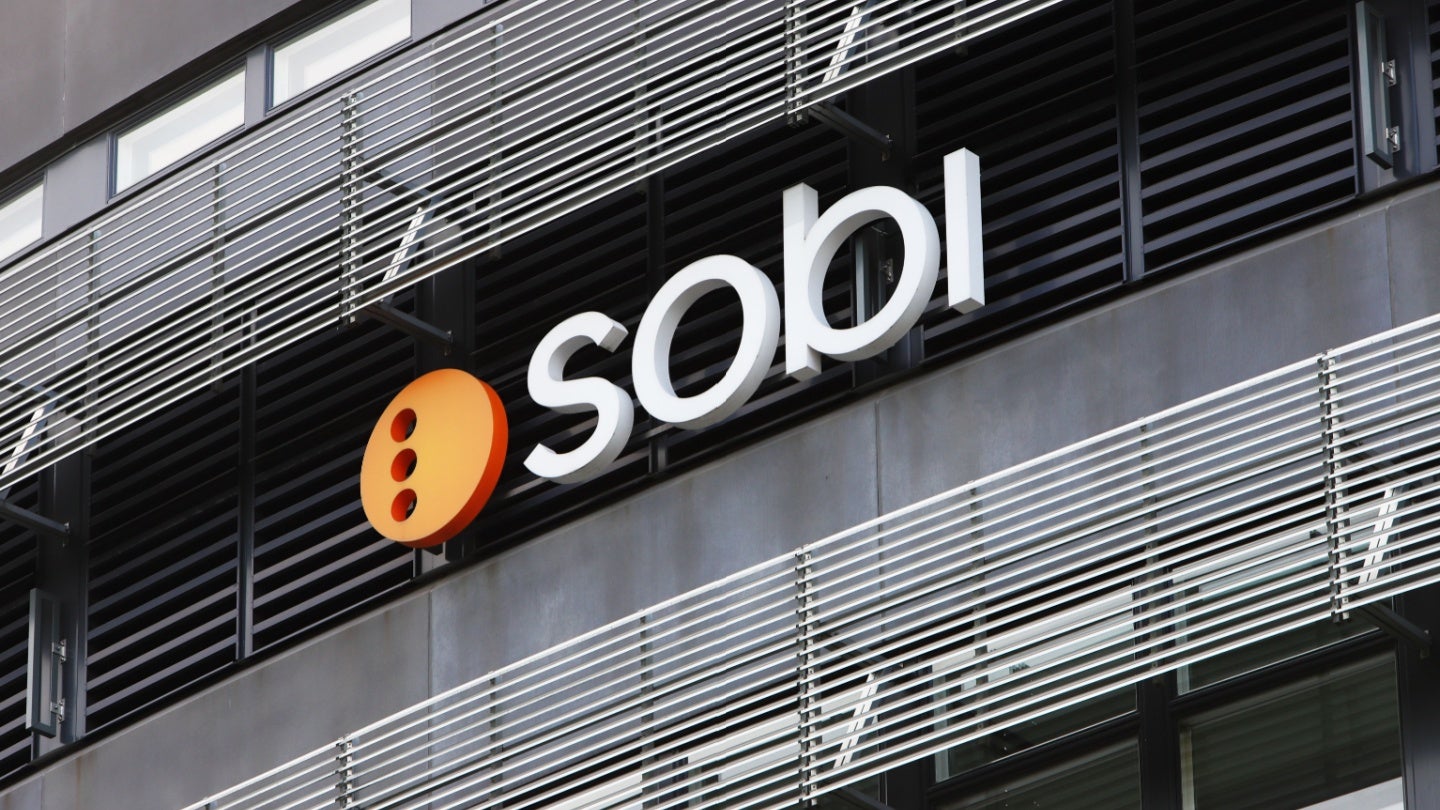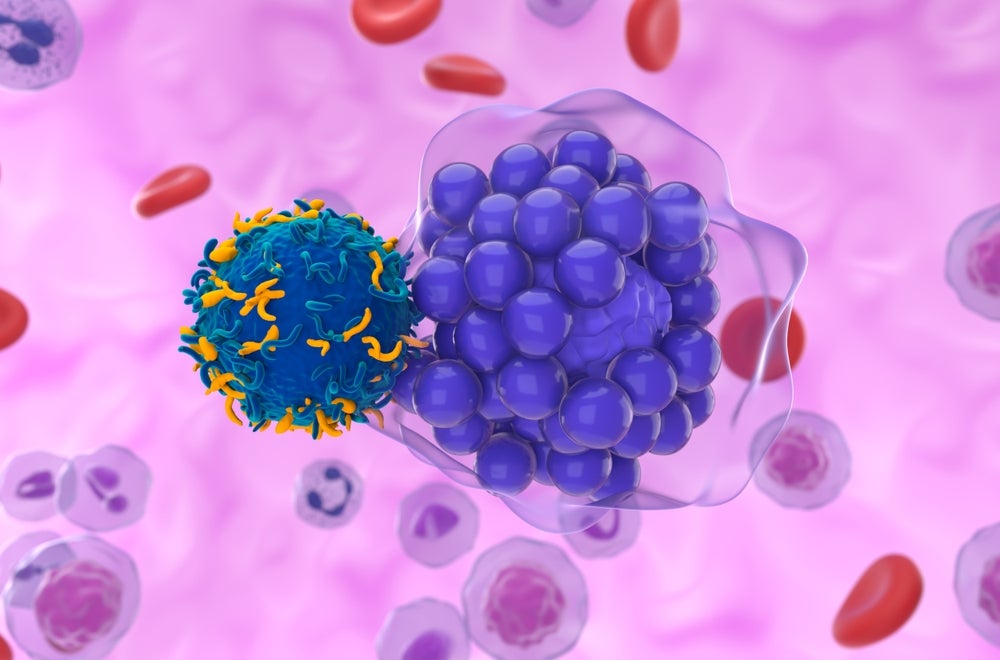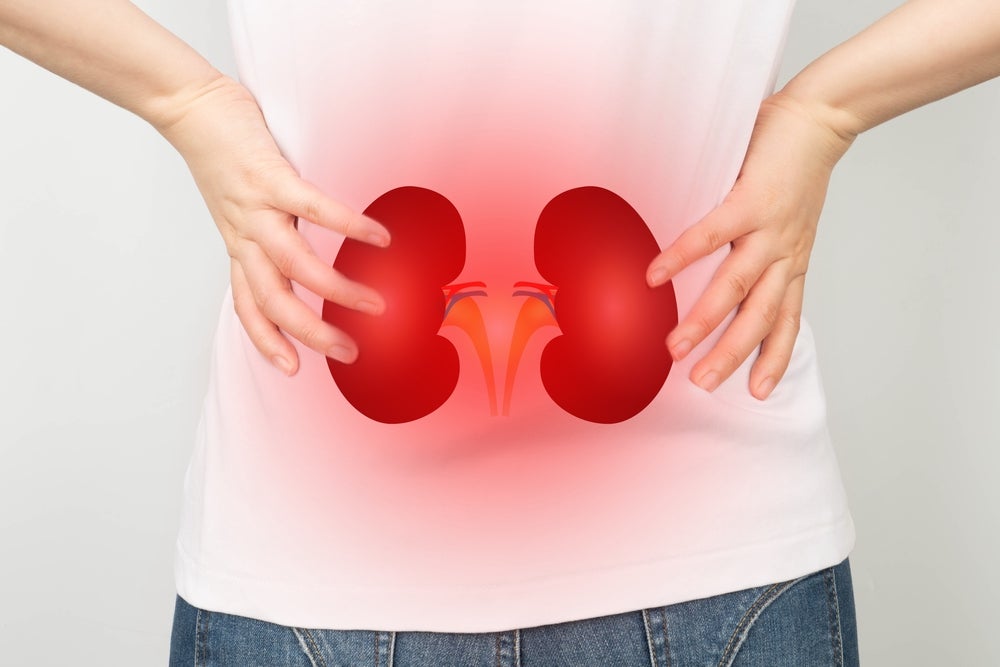Lilly Links Oral Obesity Drug to 15% Weight Loss, Setting the Bar for Pfizer in a Competitive Battle
Eli Lilly has set a benchmark in the oral obesity market by demonstrating a weight reduction of 14.7% at 36 weeks with the GLP-1 receptor agonist orforglipron. This outcome raises the bar for Pfizer’s efficacy, which may potentially surpass it at later time points, but there is still room for improvement in terms of tolerability. […] The post Lilly Links Oral Obesity Drug to 15% Weight Loss, Setting the Bar for Pfizer in a Competitive Battle appeared first on LifeSci Voice.

Eli Lilly has set a benchmark in the oral obesity market by demonstrating a weight reduction of 14.7% at 36 weeks with the GLP-1 receptor agonist orforglipron. This outcome raises the bar for Pfizer’s efficacy, which may potentially surpass it at later time points, but there is still room for improvement in terms of tolerability.
With the announcement of positive trial results for its GIP/GLP-1 agonist Mounjaro, Lilly is seeing significant opportunities in the obesity market. However, Mounjaro can only capture a portion of the growing market estimated at $90 billion by Pfizer. To capitalize on the market fully, Lilly will likely need the most effective injectable and oral obesity medications, with orforglipron being a perfect fit.
In a mid-phase clinical trial, Lilly had anticipated a weight reduction of 14% to 15% with orforglipron. While this estimate falls short of Mounjaro’s benchmark, it may still be competitive as a more practical oral alternative.
Participants in the trial were given one of four doses of orforglipron or a placebo. After 36 weeks, the average weight loss in the placebo group was 2.3%, while the orforglipron arm showed weight losses ranging from 9.4% to 14.7%. Lilly observed dose-dependent weight changes in patients receiving orforglipron.
The placebo-adjusted weight loss of 12.4% appears competitive. Novo Nordisk currently leads the oral obesity market with a phase 3 trial that connected a pill version of semaglutide to a 12.7% weight loss compared to placebo, but this outcome required 68 weeks of treatment. At 36 weeks, weight loss in the orforglipron group had not yet plateaued, suggesting that it may eventually exceed the 12.4% drop, and Lilly’s medication has simpler dosage requirements.
The focus now shifts to the anticipated phase 2 results from Pfizer, with Lilly and Novo also revealing their strategies. Lilly may face challenges with tolerability, while other options might come with more side effects. In the phase 2 study, up to 58% of patients using orforglipron reported experiencing nausea, compared to 6% of those on placebo. Lilly suggests modifying the dosage escalation rate to lower the risk of gastrointestinal side effects, expecting the number to decrease in the upcoming phase 3 studies.
Another concern is whether patients will opt for oral therapy when more potent injectable options are available. Lilly acknowledges this and states that oral solutions are necessary to address the global demand for obesity treatment, even though orforglipron lacks a GIP agonist and is unlikely to match the weight reduction or metabolic effects of Mounjaro.
Dave Ricks, the CEO of Lilly, believes that the medication meets the needs of individuals, particularly in the middle-income bracket in China, and that it is cost-effective and straightforward.
The post Lilly Links Oral Obesity Drug to 15% Weight Loss, Setting the Bar for Pfizer in a Competitive Battle appeared first on LifeSci Voice.
What's Your Reaction?

































